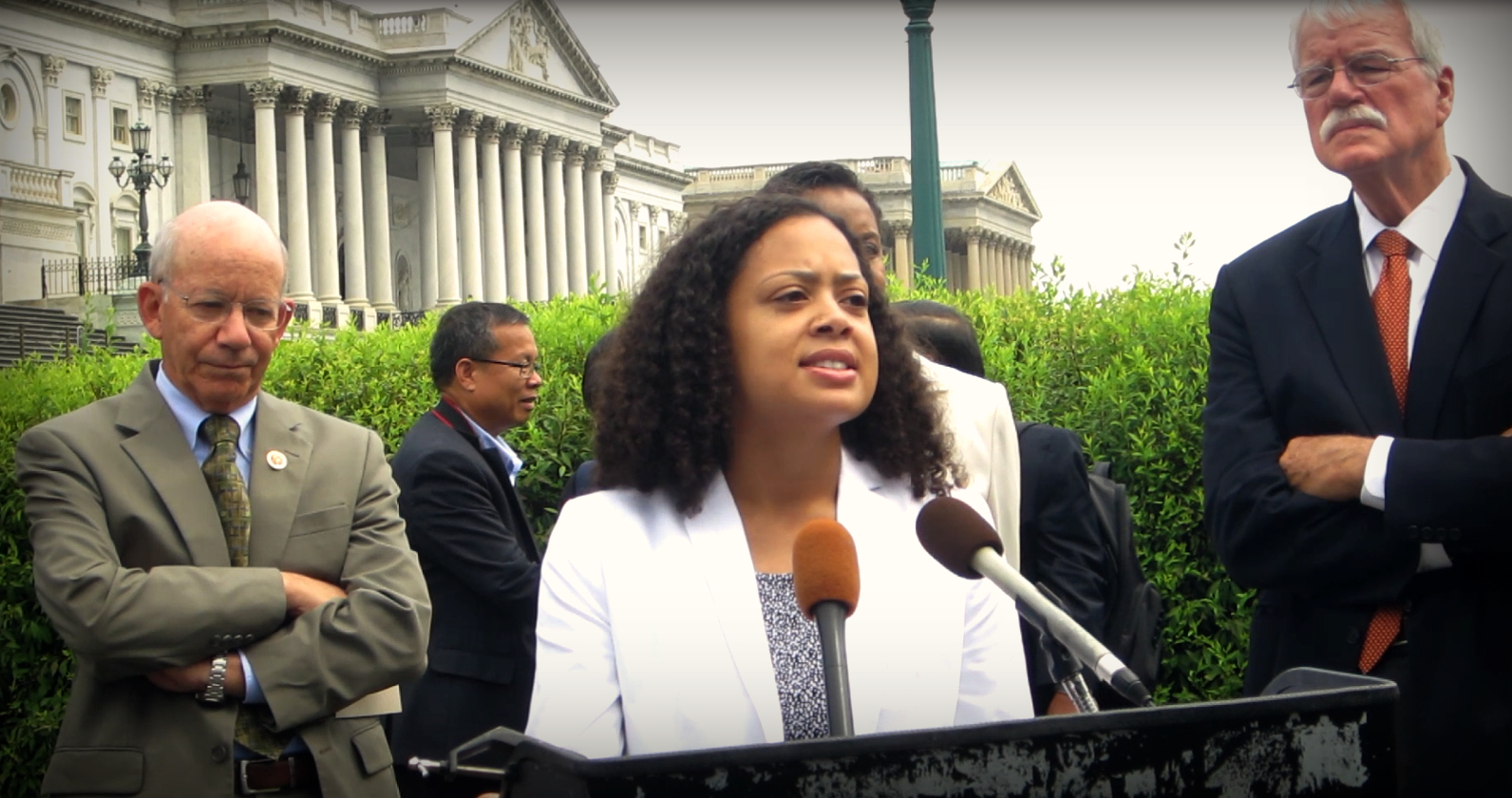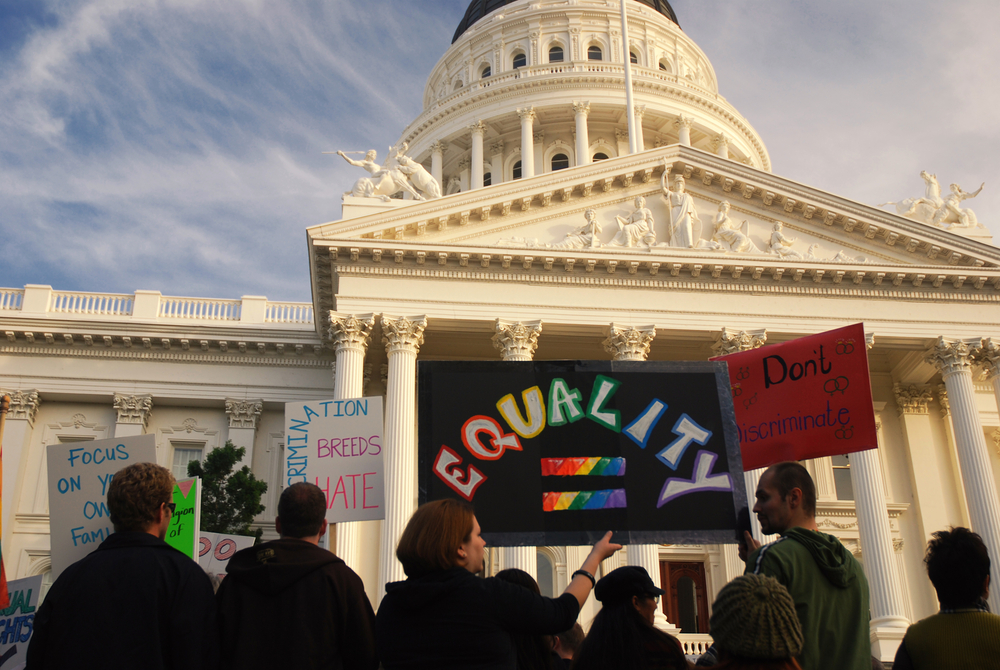Affirmative action survived a federal appellate court in Texas on Tuesday. In a 2-1 split, the 5th U.S. Circuit Court of Appeals ultimately ruled that the University of Texas at Austin can consider race in the admissions process.

Writing for the three-judge panel, Judge Patrick Higginbotham wrote, “We find force in the argument that race here is a necessary part, albeit one of many parts” of UT Austin’s admissions plan.
Sherrilyn A. Ifill, President and Director-Counsel of the NAACP Legal Defense and Educational Fund (NAACP-LDF) applauded the outcome of the case. The NAACP-LDF represented the Black Student Alliance at UT Austin and Black Ex-Students of Texas in the Fisher litigation. “This decision should stand as a declaration of the ongoing importance and legality of affirmative action efforts that holistically evaluate applicants for admission in higher education,” Ifill said.
The plaintiff in the case, Abigail Fisher, first filed suit against the University of Texas at Austin in 2008. Fisher, a white student, alleged that she was the victim of racial discrimination. Fisher argued that the use of affirmative action created an unfair disadvantage, and ultimately led to her being denied admission to the university.
The case was argued before the Supreme Court in 2012. Last June, the Court issued a brief 13-page decision calling on the lower courts to apply a “strict scrutiny” test when considering the merit of Fisher’s argument, meaning courts would need to determine on their own if the use of race was absolutely necessary, and that no other alternative could be explored to create a diverse student body. Though supported by a broad majority, the potential for a total overhaul of affirmative action was not out of reach. In separate opinions, Justices Antonin Scalia and Clarence Thomas wrote that they would have supported elimination of affirmative action had they been asked to do so.
Judge Emilio Garza, the single dissenting judge of the Fifth Circuit Court of Appeals, argued that the UT Austin failed to provide “sufficient evidence that would prove that its admissions program is narrowly tailored to obtain the educational benefits of diversity.”
Lawyers for the plaintiff plan to appeal. If an appeal goes forward, the case could return to the Supreme Court.
Media Resources: NPR 7/15/14; The Root 7/16/14; NAACP-LDF 7/15/14; SCOTUSblog 6/24/13







































